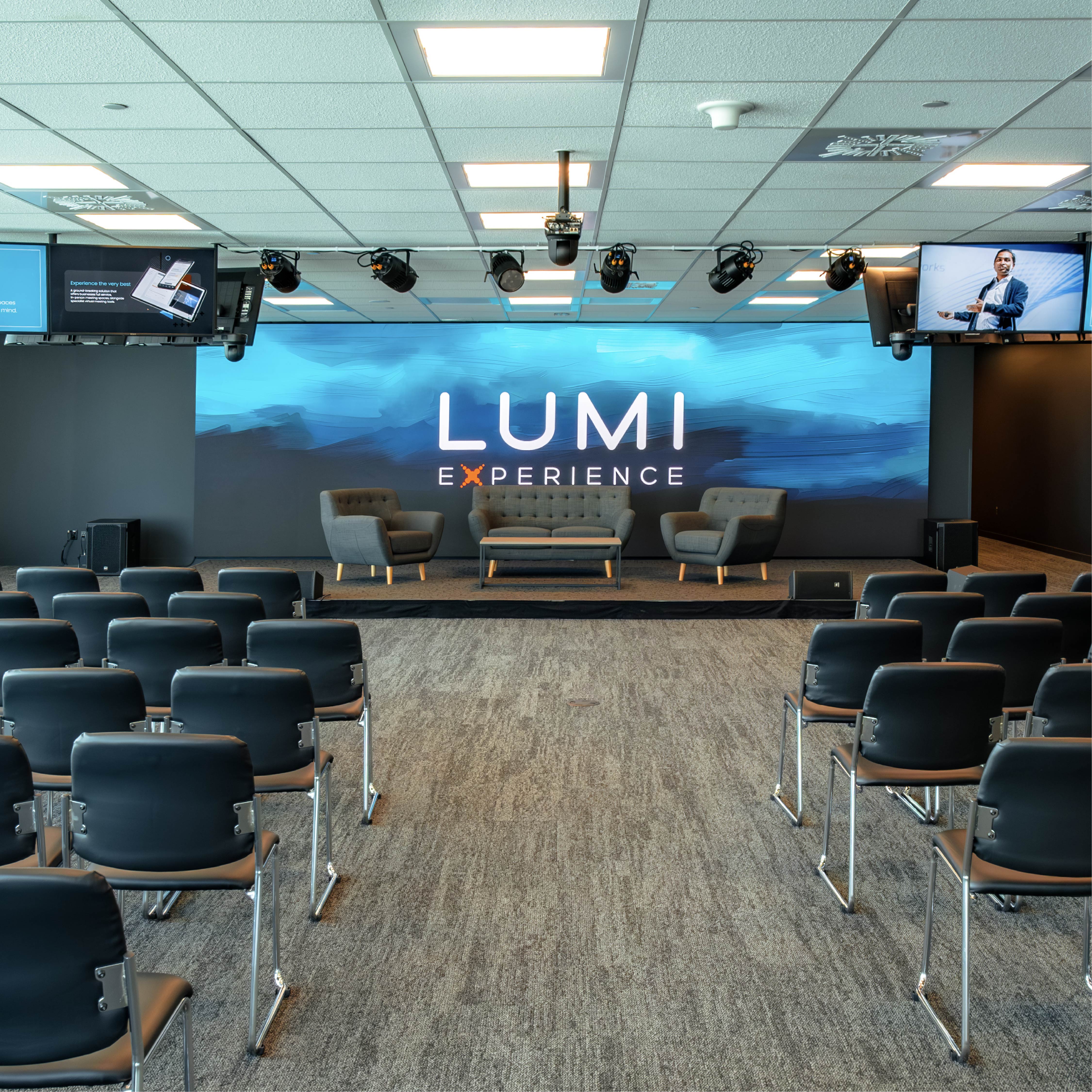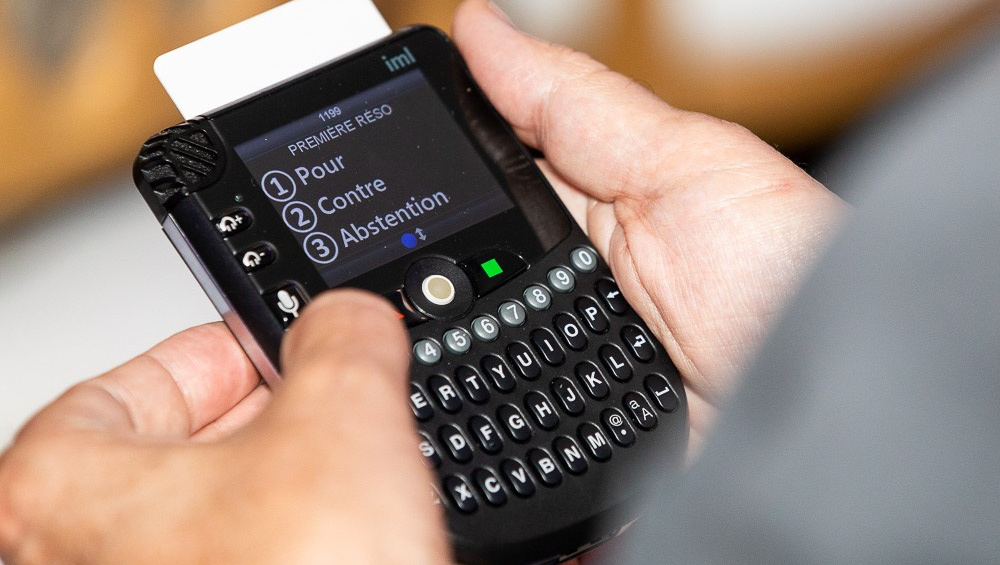According to Randle Stonier from Adding Value, WiFi is no longer an optional perk you may or may not offer at your next event. I fully agree with this. I know that WiFi and the access thereto from venues has been a prominent discussion point in the past year and venue WiFi has definitely grown in leaps and bounds in terms of access. But is this enough? What do you as the Conference Coordinator need to look out for when booking WiFi for your next client event?
Here are 5 questions that will assist you with the process.
Why do you need WiFi?Are you providing delegates with WiFi because the client asked you to, or do they actually need to do something during the conference that requires internet? This greatly affects your requirements. For example, if they are just going to check their emails and access social media platforms your requirements will drastically differ compared to an event where a conference app with live voting is used.
How many people are attending?This might seem like an obvious question, but it is a crucial one. Your requirements for a 50 people audience in terms of connectivity will differ drastically compared to a 2000 people audience. Not only will the amount of people in the room be more if there are 2000 delegates, but the room itself is also larger. This means that the WiFi needs to “cover” the whole area and might require additional Access Points to balance the load. Be sure to ask your venue or supplier what the WiFi coverage or range is for the room that you are looking to book.
What other events are planned at the same venue for the day and how does the venue deal with this?Your audience might be small, but what other events are planned at the venue for the day? What does the venue do in these cases? Having a dedicated internet connection for your room only would be ideal but not many venues can normally accommodate this without charging extra. The ideal would be to have your own fibre connection but that is a pretty pricey exercise to go through. Be wary of WiFi providers such as AlwaysOn that covers both the hotel and the conference facilities, for example. Although convenient, these “public” providers normally do not allow any tweaks to be made (without prior arrangement and possible additional costs) and anyone that has an access code can connect.
Besides the speed that they can guarantee, what is the contention ratio per delegate and are user restrictions possible?I have worked at many venues where the client was promised a 15 Meg line which sounds very impressive, but when users connect they struggle to download a small conference app. Upon further investigation, we quickly realized that the WiFi had speed distribution or load balancing restrictions. This means that each user cannot exceed a certain speed when connecting although the overall line speed is decent. This is normally done to ensure that the WiFi is more stable but can make it seem like it is not working properly because of each user’s restrictions. The next thing to ask would be if user restrictions are possible. My favorite story to tell is one where at a recent client event, the Network Administrator notified me that he was picking up a connection to Kindle Books. Turns out one of the delegates was trying to download 100 Kindle Books over the WiFi! I strongly suggest that you sit with the Network Administrator and decide what connections you will allow. Blocking app store downloads might ensure that the WiFi and data that you were allocated lasts much longer, for example.
Will you have a dedicated Technician or Administrator for the duration of your event?Let’s face it, running around ensuring that the WiFi is stable and connections are good is the last thing you will have time for on the day of your event. Eliminate the stress by rather ensuring that you have a dedicated Technician looking after the speed and data for you.
These questions are just a few that you could consider for your next event to ensure that everyone is connected without any frustrations!
Contact us for more information about any of the Lumi Solutions.



